Kadri Aavik
Tallinn University, University of Helsinki, Loomus

Kadri Aavik is an Associate Professor of Gender Studies at Tallinn University, Estonia. She recently completed postdoctoral research in the Gender Studies unit at the University of Helsinki, in the project “Climate Sustainability in the Kitchen: Everyday Food Cultures in Transition” (2018-2022). She works in gender studies (with a focus in critical studies on men and masculinities), critical animal studies, vegan studies, and their intersections. Her current research focuses on vegan men and masculinities. She is currently co-editing the book Feminist Animal and Multispecies Studies: Critical Perspectives on Food and Eating, with Kuura Irni and Milla-Maria Joki, to be published in the Brill Critical Animal Studies Series.
Saturday, 7 May
Session 4 – Everyday Matters
17:00–17:30
Ryuji Chua
Surge Activism

Ryuji Chua is an animal rights filmmaker and social media content creator based in Paris, France. He creates educational videos to inspire attitude change towards non-human animals, and his videos have been viewed millions of times. Currently, he works as the lead video producer at Surge Activism, a UK based animal rights non profit.
Friday, 6 May
Session 1 – Animal Advocacy Pasts and Futures
13:30–14:00
Farištamo Eller
Loomus
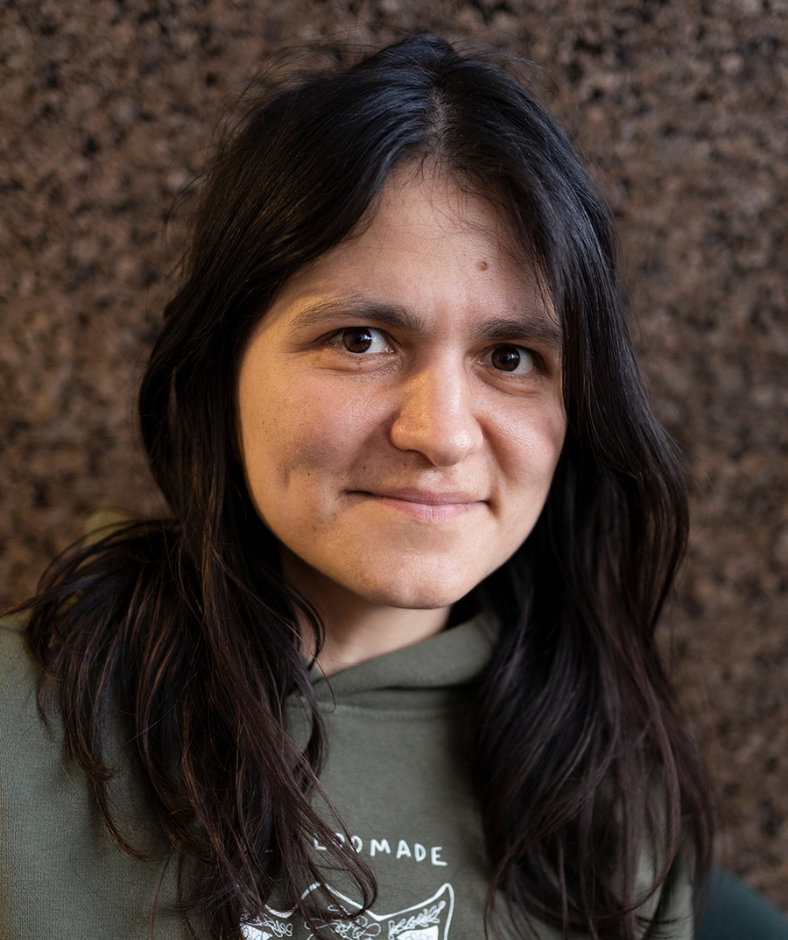
Farištamo Eller is an animal rights activist and conservationist. She is the communications manager of Estonian animal advocacy organisation Loomus and in her spare time she is involved in nature conservation more broadly. She believes that profit at the cost of life is loss and her aim is to bring the issue of animal rights into nature conservation, because a very large proportion of nature conservation issues would not exist if people treated animals differently.
Friday, 6 May
Keynote 1
11:05–12:00
Eduardo Gonçalves
Campaign to Ban Trophy Hunting

Eduardo Goncalves is founder of the Campaign to Ban Trophy Hunting www.BanTrophyHunting.org which has persuaded the UK government to ban British hunters from bringing their ‘trophies’ back into the country. He has been a government adviser, journalist and campaigner on environmental, wildlife and animal welfare issues for almost 30 years. He has written a number of books on trophy hunting and other issues.
Friday, 6 May
Session 2 – The Nature of Hunting
15:30–16:00
Karl Hein
Tallinn University

Karl Hein is a doctoral student from Tallinn University who researches the history of the Estonian animal welfare movement, focusing on the interwar period.
Friday, 6 May
Session 1 – Animal Advocacy Pasts, Presents and Futures
12:00–12:30
Kuura Irni
University of Helsinki

Kuura Irni works as a University Lecturer in Gender Studies at University of Helsinki. Currently they explore how queer and trans theoretical insights could be thought through with critical feminist animal studies, and examine the debates between Western mainstream feminism and ecofeminism. They also lead a research project called ”Climate sustainability in the kitchen – everyday food cultures in transition” (2018-2022) and work within the group ”Slow academy for anti-authoritarian queer and trans thinking.”
Saturday, 7 May
Session 4 – Everyday Matters
16:30–17:00
Ronnie Lee
Animal Liberation Front, vegan activist
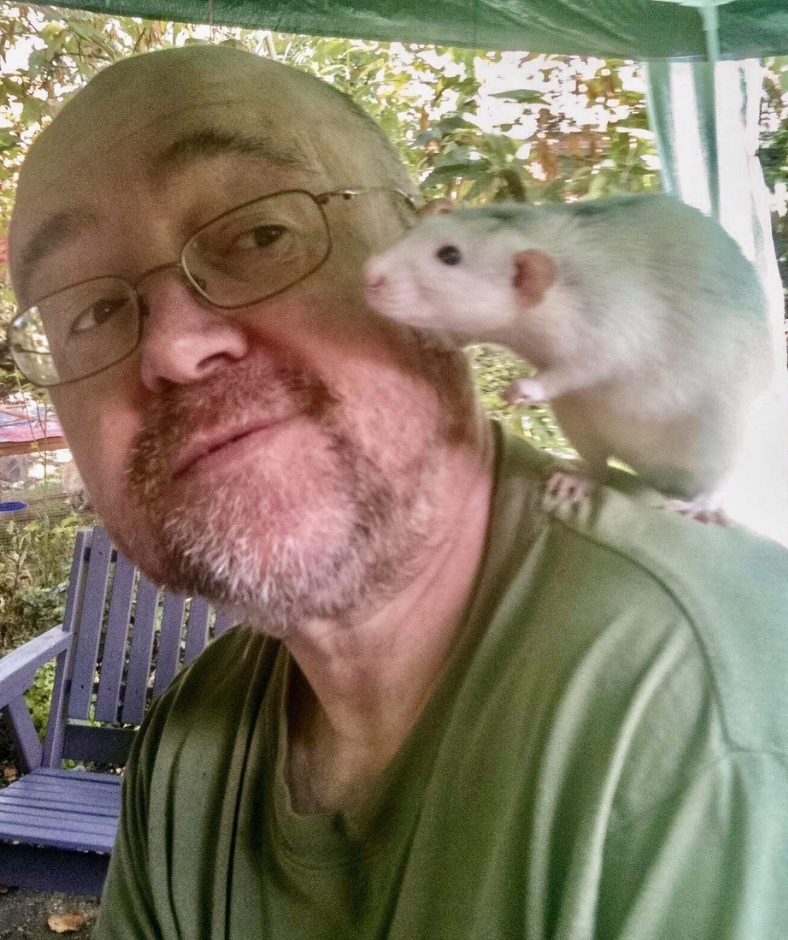
Ronnie is probably best known for being one of the founders of the Animal Liberation Front and for having spent about 9 years in prison for ALF activities. In more recent years he has turned his attention to vegan outreach and frequently speaks of the importance of vegan education, and of local vegan activist groups, for the achievement of animal liberation.
Friday, 6 May
Session 1 – Animal Advocacy Pasts and Futures
12:00–12:30
Anniina Ljokkoi
Vabakutseline kirjanik ja tõlkija
Freelance writer and translator

EE: Anniina Ljokkoi (s. 1984) on Soome päritoluga tõlkija, toitumisnõustaja ja toidukirjanik, kes on elanud Eestis 2007. aastast. Temalt on (koos teiste autoritega) ilmunud eesti keeles mitmeid veganite toitumist ja elustiili puudutavaid raamatuid: “Vegan. Hooliv ja maitsev elu” (2015), “Väikesed veganid” (2017), “Mitte ainult hummusest” (2018) ning “Väikeste veganite lemmiktoidud” (2019). Pärimustoitude juurde on teda toonud huvi oma Karjala vanaisa juurte vastu ning avastus, et ka meie kohalik läänemeresoome toidupärimus ei jäta veganeid nälga.
EN: Anniina Ljokkoi (b. 1984) is translator, nutritionist and food writer with Finnish roots. She has been living in Estonia since 2007 and has published (together with other authors) several books in Estonian on the diet and lifestyle of vegans: “Vegan. A Compassionate and Delicious Life” (2015); “Little Vegans” (2017); “Not Just About Hummus” (2018) and “Favourite Foods of Little Vegans” (2019). She first became interested in traditional food thanks to her Karelian grandfather, and the discovery that our local Balto-Finnic culinary traditions do not leave vegans hungry either.
Saturday, 7 May
Session 4 – Everyday Matters
17:30–18:30 (in Estonian only)
Alex Lockwood
Co-Founder of Narrative Shift, Former Narrative Lead for Animal Rebellion, author of “The Pig in Thin Air”
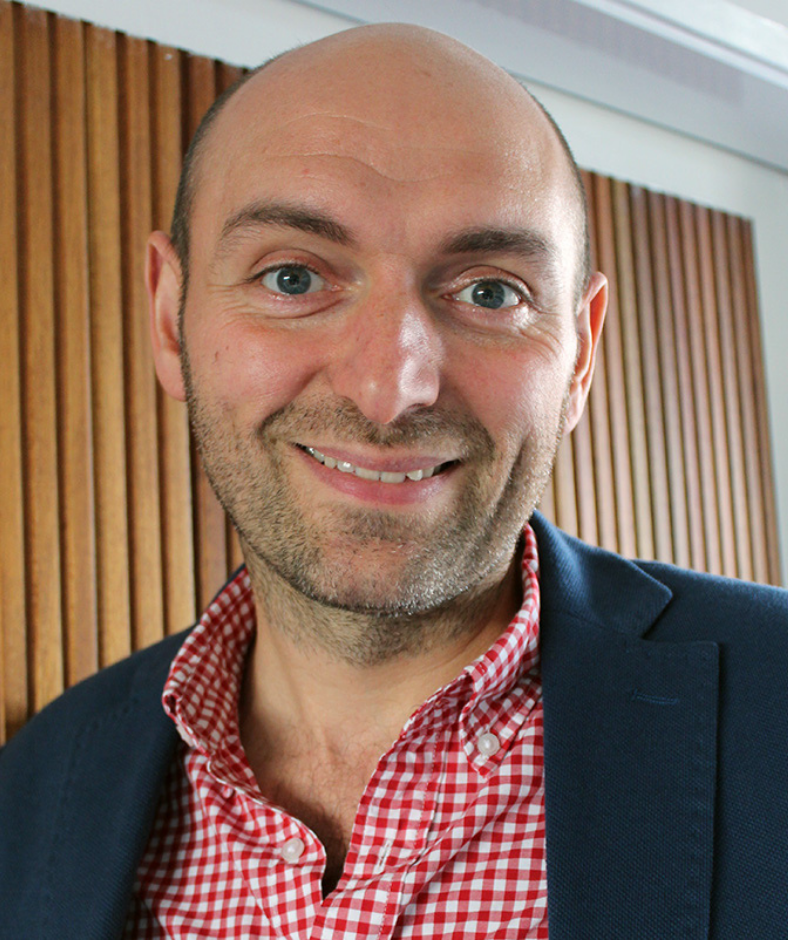
Dr. Alex Lockwood is a writer and scholar working at the intersection of animals, activism and narrative. His 2016 memoir “The Pig in Thin Air” connected climate change with the animals we eat. He has published in Beyond the Creaturely Divide, Through a Vegan Studies Lens, Environmental Humanities, Vegan Geographies and The Vegan Studies Handbook. He is a member of the Vegan Society’s Research Advisory Committee, Associate Editor for Animal Studies Journal, and led on narrative for Animal Rebellion.
Dan Kidby
Co-Founder of Animal Rebellion, Animal Think Tank, Narrative Shift

Dan is a strategist focusing on building the climate and animal freedom movements. He Co-Founded and led the development of Animal Rebellion (https://animalrebellion.org/), a global mass movement calling for an urgent transition to a Plant-Based Food System to combat the climate and ecological emergencies. He is a Co-Founder of Animal Think Tank (https://animalthinktank.org.uk/), which is working to build the foundations for a grassroots Animal Freedom Movement. He is also the Co-Founder of Radical Think Tank (https://radicalthinktank.wordpress.com/) which developed campaigning expertise informing the design of Extinction Rebellion. His work is informed by a philosophical and spiritual commitment to nonviolence.
Saturday, 7 May
Session 3 – Anthropocene Entanglements
13:00–13:30
Joaquín Fernández Mateo
Rey Juan Carlos University, Madrid
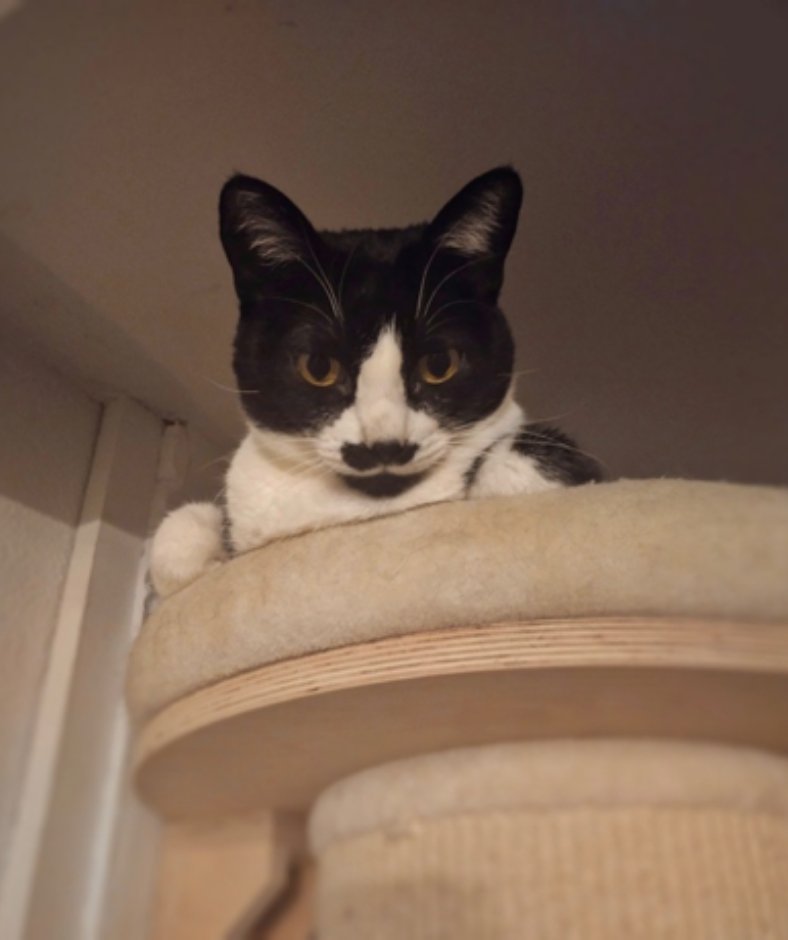
Associate Professor at Department of Education Sciences, Language, Arts and Culture, Legal History and Humanistic Sciences and Modern Languages (Philosophy Area), Rey Juan Carlos University, Madrid, Spain. https://t.co/UVjrWqYQpA Bachelor’s in Political Science and Administration (Complutense University of Madrid, UCM). MD in Epistemology of Natural and Social Sciences (Faculty of Philosophy, UCM). PhD in Information Society, Subjectivity & Subjectification. Professor at Rey Juan Carlos University, Spain. Researching about Technology, Sustainability & Ethics. ORCID: 0000-0002-9560-5197.
Alberto José Franco Barrera
University of Santiago de Compostela

Professor at University of Santiago de Compostela, Philosophy Faculty. Bachelor’s in Political Science and Administration (Complutense University of Madrid, UCM). PhD in Political Philosophy by the University of Santiago de Compostela. Researching about Political Ecology and the difference relationships between Democracy and Climate Change. ORCID: 0000-0002-9415-0709.
Saturday, 7 May
Session 4 – Everyday Matters
16:00–16:30
Renata Mliczak
Independent scholar
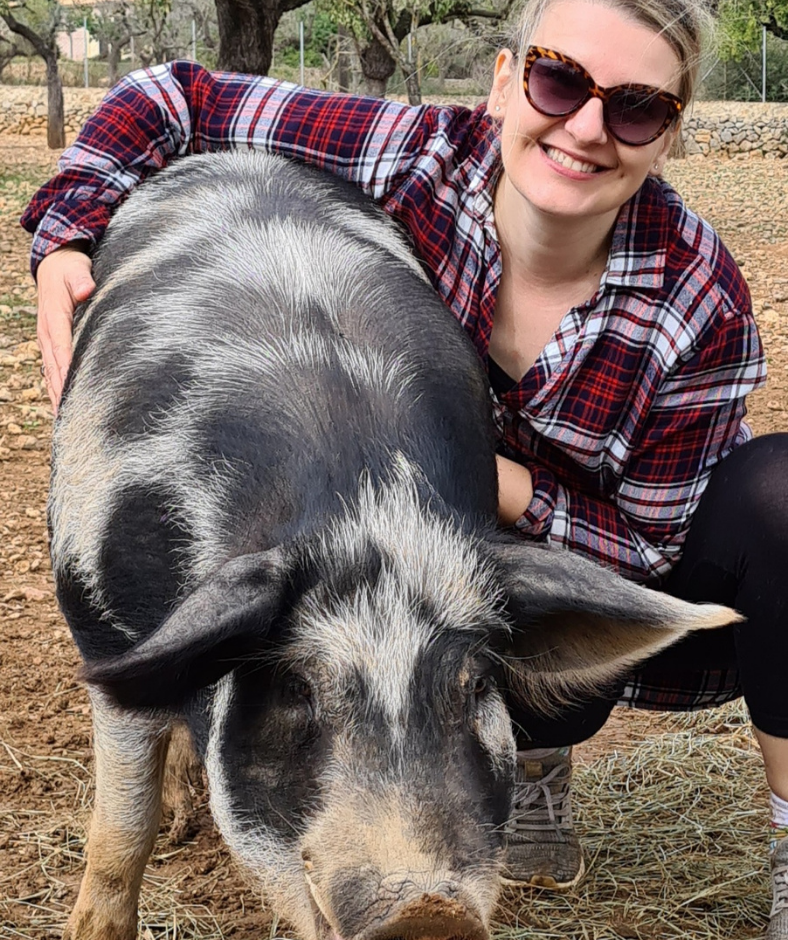
Renata Mliczak works as a special needs teacher and translation and media accessibility lecturer. After transitioning to veganism, her interests have moved closer to critical animal studies and, due to her work, specifically to interrelations between disability and animal studies. She is currently working on a project focused on animal sanctuaries as places of diversability for both other than humans and humans. She is a proud guardian of two adopted cats – Simba and Monty.
Saturday, 7 May
Session 3 – Anthropocene Entanglements
13:30–14:00
Francisco Sánchez Molina
The Wolf Action Group (Finland), animal rights activist
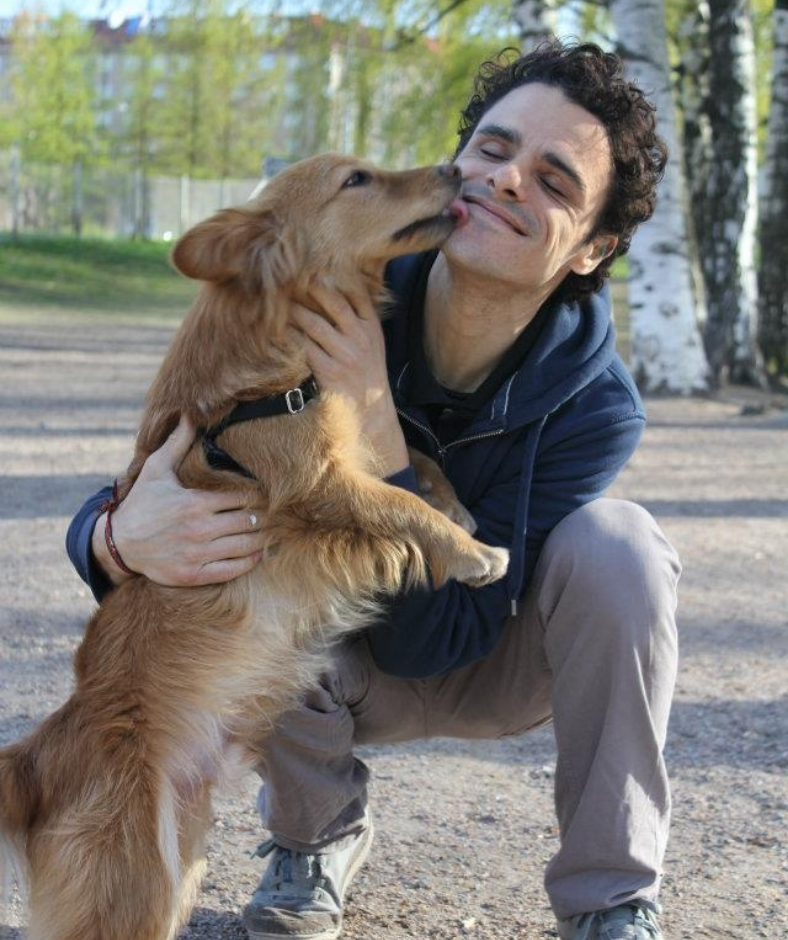
Francisco Sánchez Molina is an animal rights advocate and artist from México working on behalf of wolves and other large carnivores in Finland. He is the Large Carnivore Campaign Coordinator for The Wolf Action Group (Luonto-Liiton susiryhmä) which is part of The Finnish Nature League (Luonto-Liitto), an eNGO established in 1943. Their work is based on sharing factual information about the ecological role of large carnivores in order to influence attitudes and reduce unnecessary fear and hatred of these animals. More information here: http://www.luontoliitto.fi/susiryhma/in-english
Friday, 6 May
Session 2 – The Nature of Hunting
16:00–16:30
Zuzanna Nalepa
Adam Mickiewicz University in Poznań

Zuzanna Nalepa is a student of cultural anthropology and a graduate of musicology. In her interdisciplinary research, she combines these two scientific disciplines, thanks to which she thoroughly researches the anthropology of sound, eco-acoustics, multispecies anthropology, acoustics and sound-perceived climate changes.
Saturday, 7 May
Session 3 – Anthropocene Entanglements
12:00–12:30
PJ Smith
Humane Society of the United States

PJ Smith is the director of fashion policy at the Humane Society of the United States. For more than a decade, PJ has worked with dozens of top fashion companies—including ELLE magazine, Kering, Prada, Dolce&Gabbana, Chanel, Michael Kors and Farfetch —to set policies that have reformed supply chains and revolutionized the way the fashion industry views animals. In 2010, PJ helped pass the federal Truth in Fur Labeling Act, which ensures clear and proper labeling for all fur products sold in the U.S., and in 2019, he was instrumental in California becoming the first state to phase out new fur sales. He resides in Austin, Texas.
Friday, 6 May
Session 1 – Animal Advocacy Pasts and Futures
12:30–13:00
Katja Tiisala
University of Helsinki

Katja Tiisala (MSocSc, BSc) is a PhD researcher in Practical Philosophy at the University of Helsinki. She specialises in deontological animal rights and sustainability ethics. Her dissertation develops sustainability ethics that respects all sentient beings equally. Katja has a master’s degree in Practical Philosophy from the University of Helsinki. She has also studied in the interdisciplinary Master’s Programme in Environmental Change and Global Sustainability and she holds a bachelor’s degree in Environmental Science and Policy.
Saturday, 7 May
Session 3 – Anthropocene Entanglements
12:30–13:00
Richard J. White
Reader in Human Geography, Sheffield Hallam University
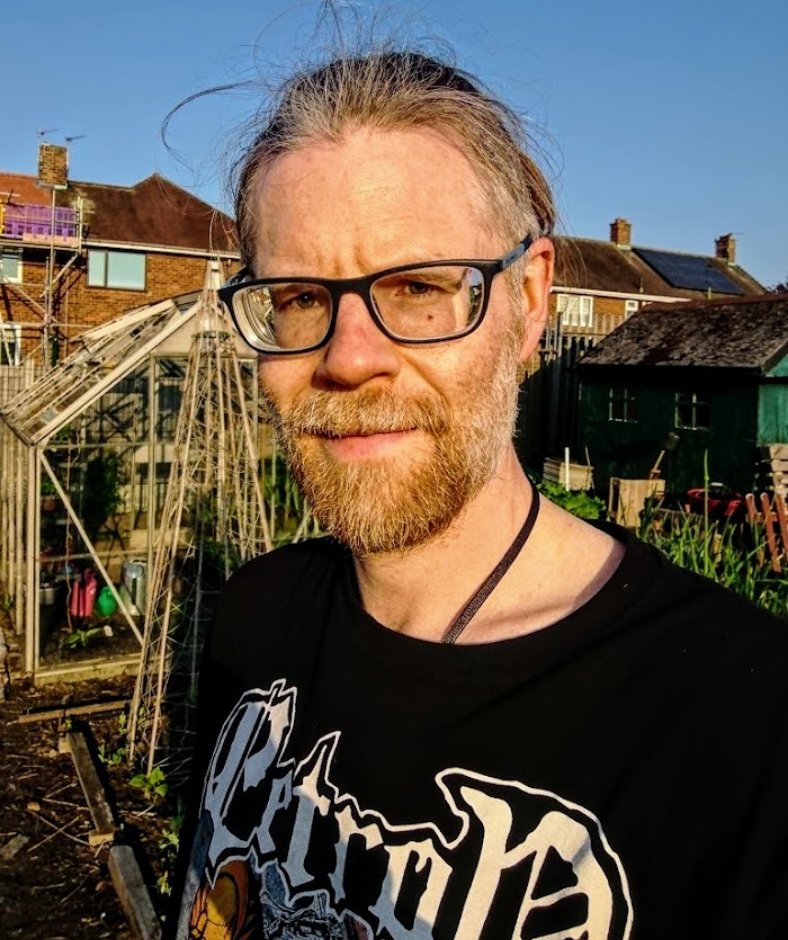
Greatly influenced by anarchist praxis, White’s research explores a range of ethical, economic and activist landscapes rooted in questions of social and spatial justice. His work on critical animal studies and critical animal geographies has been widely published, and his Editorial collections include: “Vegan Geographies” (2022); “The Radicalization of Pedagogy” (2016); “Theories of Resistance” (2016); “The Practice of Freedom” (2016) and “Anarchism and Animal Liberation” (2015). White is a member of the Vegan Society Research Advisory Committee (UK), and a Senior Advisor for the Institute for Critical Animal Studies (ICAS).
Friday, 6 May
Keynote 2
15:00–16:00
Laura Wright
Western Carolina University

Laura Wright is the founder of the field of Vegan Studies. She is Professor of English at Western Carolina University, where she specializes in postcolonial literatures and theory, ecocriticism, and animal studies. Her monographs include Writing Out of All the Camps: J. M. Coetzee’s Narratives of Displacement (Routledge, 2006 and 2009), Wilderness into Civilized Shapes: Reading the Postcolonial Environment (U of Georgia P, 2010), and The Vegan Studies Project: Food, Animals, and Gender in the Age of Terror (U of Georgia P, 2015). Her most recent edited collection The Routledge Handbook of Vegan Studies was published in 2021.
Saturday, 7 May
Keynote 3
15:00–16:00

